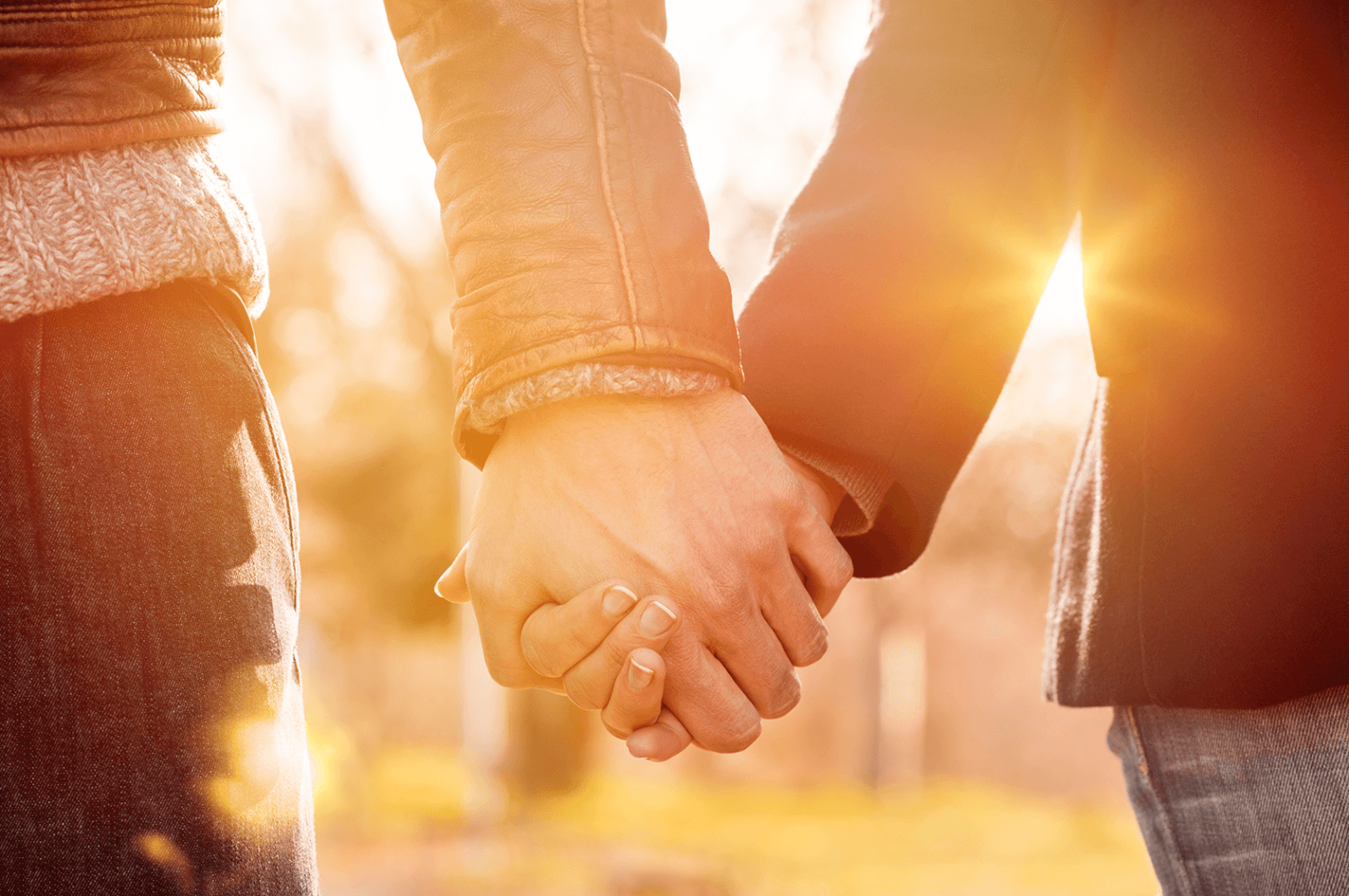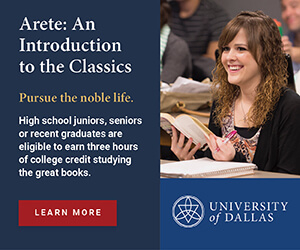We fear the unknown. Embedded in our nature as human beings is a natural aptitude for learning from our past experiences. We use patterns and reactions we have observed to calibrate our future actions and behavior. Even as a baby we exhibit this tendency. When a baby cries and they receive food in response, they eventually learn that if they are hungry, crying will result in them being fed.
So, what do we do when we don’t know what will happen? Babies cannot comprehend danger or dire consequences, so they experiment. They throw things, they run on slippery surfaces, they try to lift heavy things. But as people get older, they learn about the effects of original sin. They learn about pain, suffering, illness, and death. Most adults no longer feel a desire to experiment in unknown circumstances. Why risk injury or heartbreak or embarrassment just for a new experience? This results in the habit of avoiding new endeavors, becoming afraid of what might happen. It takes convincing to venture out into the unknown, but sometimes we acquiesce.
But what about death? We cannot learn about it through past encounters. We cannot experiment with it. We certainly don’t want to “try” it because that would be the end of our life. And nobody who has experienced it is capable of convincing us because they’re gone. It is the ultimate unknown.
Recently on The Inner Life, Josh Raymond had Father Chris Walsh on the show to discuss this imminent anticipation of death and how to cope with the end of our earthly existence.
Father Chris mentioned that in anticipation of the show, he was conversing with a couple about the fear of death and the man said, “Well of course I’m afraid!”
“Really, why?” asked Father Chris. He responded, “Because I’m going to be judged. And I’m not ready to be judged.” Well how do we get ready to be judged? What do we need to ease our minds?
Father Chris explained that preparing for death is a lifelong journey. There is no cure-all option to prepare for the end, to immediately eliminate fear. Instead, we should approach the end as a process. By practicing the Sacraments, we effectively forge a relationship with Christ, the only one who has experienced death and came back. He will be the one to guide us on our journey to conquer death, but we must learn to trust in Him and His mercy.
At Father Chris’s parish, they often hold funerals and the students there see the hearses and the caskets and many times, it leads to questions about death. One time, a young student asked Father, “What’s going to happen when we die? What really happens? What are we asked?” He responded in a simple way, saying, “You know, I think what Jesus asks us is, ‘Did you love?’” While we are called every day to encounter Christ in every situation whether it be during leisure or study or work, all our responses are wrapped into a singular concept: responding with love.
When asked by the Pharisees which commandment is the greatest, Jesus responded, “‘You shall love the Lord, your God, with all your heart, with all your soul, and with all your mind. This is the greatest and the first commandment. The second is like it: You shall love your neighbor as yourself.’” (Matthew 22:37-39) Did we love God with our entire being, committing our earthly existence to God’s glory and honor? Did we love those around us, giving generously, behaving respectfully, responding charitably, and living courageously? If we can sincerely answer both of those questions with a “yes”, then we have nothing to fear when God calls our name.
“Did you love?”
Listen to the full talk below:
Tune in to The Inner Life weekdays at 11am CT


